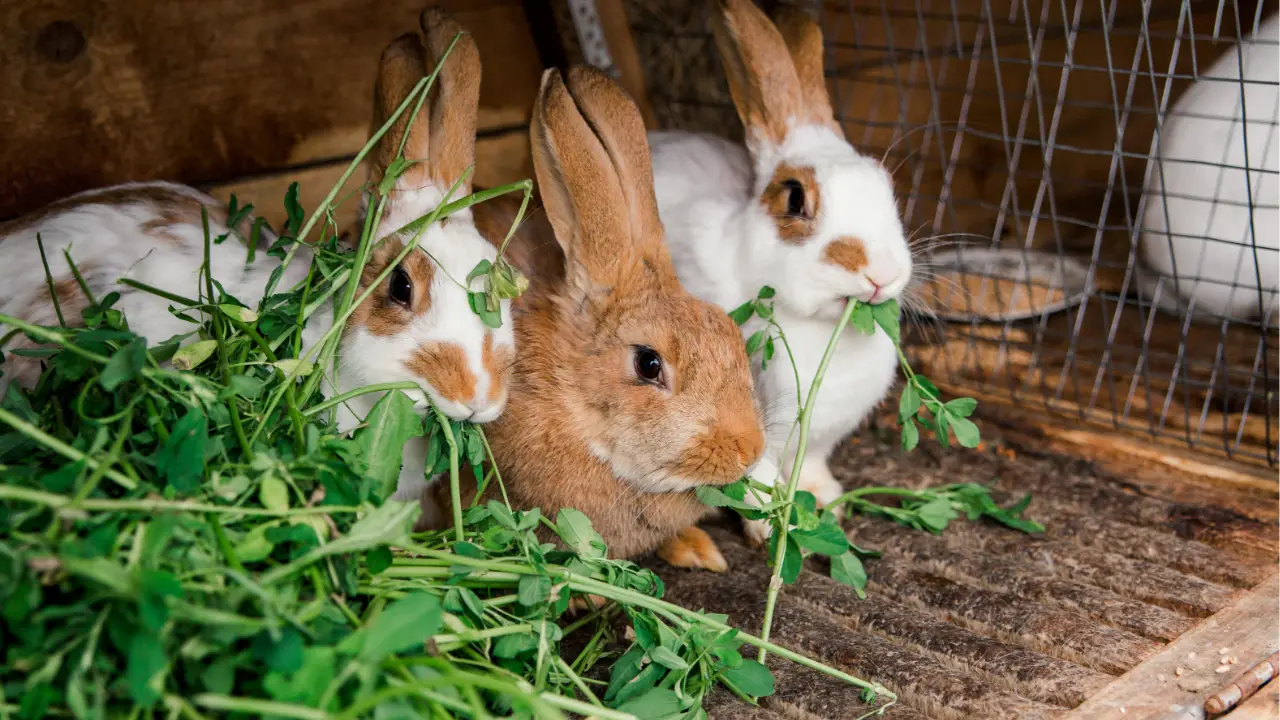How Long Do Rabbits Live?

Rabbits make wonderful pets with their gentle nature, soft fur, and endearing habits. Whether kept indoors or outdoors, their lifespan can be influenced by a range of factors, including breed, care, and environment. Understanding how long rabbits live is essential for prospective and current owners to provide the best possible care for their furry companions.
Average Lifespan of Rabbits
Rabbits, on average, have a lifespan of 8 to 12 years. However, this can vary widely depending on several factors such as breed, genetics, diet, and living conditions. Some rabbits can live even longer, with reports of well-cared-for rabbits reaching 15 years or more. Dwarf breeds often tend to live longer than larger breeds, due to their smaller size and sometimes fewer health issues.
Environmental factors play a significant role in a rabbit’s longevity. Rabbits that are kept indoors, in a safe and controlled environment, generally have a longer lifespan compared to those kept outdoors. This is because indoor rabbits are less exposed to predators, harsh weather conditions, and diseases. Providing a stress-free environment with regular veterinary check-ups also contributes to a longer, healthier life.
Factors Affecting Rabbit Lifespan
The lifespan of a rabbit is significantly influenced by its diet. A balanced diet rich in hay, fresh vegetables, and a limited amount of pellets ensures that rabbits receive essential nutrients necessary for their well-being. Clean water should always be available, and treats should be given sparingly to prevent obesity and related health issues.
Another crucial factor is the level of care and attention provided. Regular grooming, dental care, and maintaining a clean living space can prevent common health problems like dental disease, flystrike, and gastrointestinal stasis. Rabbits also need mental stimulation and physical exercise to stay healthy, so providing toys, time outside the cage, and social interaction with humans or other rabbits can greatly enhance their quality of life and longevity.
Indoor vs. Outdoor Rabbits
Indoor rabbits tend to live longer than their outdoor counterparts. This is because indoor rabbits are protected from various dangers such as predators, extreme weather conditions, and potential diseases transmitted by wild animals. They also have more opportunities for social interaction and are generally easier to monitor for any signs of illness or distress.
However, outdoor rabbits can still live long and healthy lives if provided with proper shelter, protection, and care. Ensuring they have a secure hutch, regular health check-ups, and are kept safe from predators can significantly impact their lifespan. Outdoor rabbits may also benefit from natural sunlight and fresh air, but the risks need to be carefully managed.
Common Health Issues in Rabbits
Rabbits are prone to several health issues that can affect their lifespan if not promptly addressed. Dental problems are common due to the continuous growth of their teeth, which can lead to pain, difficulty eating, and infections. Regular dental check-ups and providing appropriate chew toys can help manage this issue.
Gastrointestinal stasis is another serious condition where the digestive system slows down or stops, often caused by a low-fiber diet, stress, or other underlying health problems. Symptoms include a decrease in appetite and reduced fecal output, requiring immediate veterinary attention. Prevention through a high-fiber diet and a stress-free environment is key to maintaining digestive health in rabbits.
The Importance of Regular Veterinary Care
Regular veterinary care is essential to ensuring the long-term health and longevity of rabbits. Annual check-ups can help detect and treat potential health issues early, improving the chances of successful treatment and recovery. Vaccinations, parasite control, and spaying or neutering are also important aspects of preventive healthcare for rabbits.
Establishing a good relationship with a rabbit-savvy veterinarian can provide valuable guidance on diet, behavior, and general care. In times of illness or injury, having access to professional veterinary care can make a significant difference in the outcome and overall well-being of the rabbit.
Tips for Extending Your Rabbit’s Lifespan
To help your rabbit live a long and healthy life, focus on providing a balanced diet, regular exercise, and mental stimulation. Ensuring a safe and clean living environment, along with regular veterinary check-ups, can prevent many common health issues. Pay attention to your rabbit’s behavior and habits, as early detection of any changes can lead to prompt medical intervention and better outcomes.
Social interaction and companionship are also important for a rabbit’s emotional health. Whether through human interaction or the company of another rabbit, maintaining a positive and engaging environment can significantly enhance their quality of life and lifespan.






